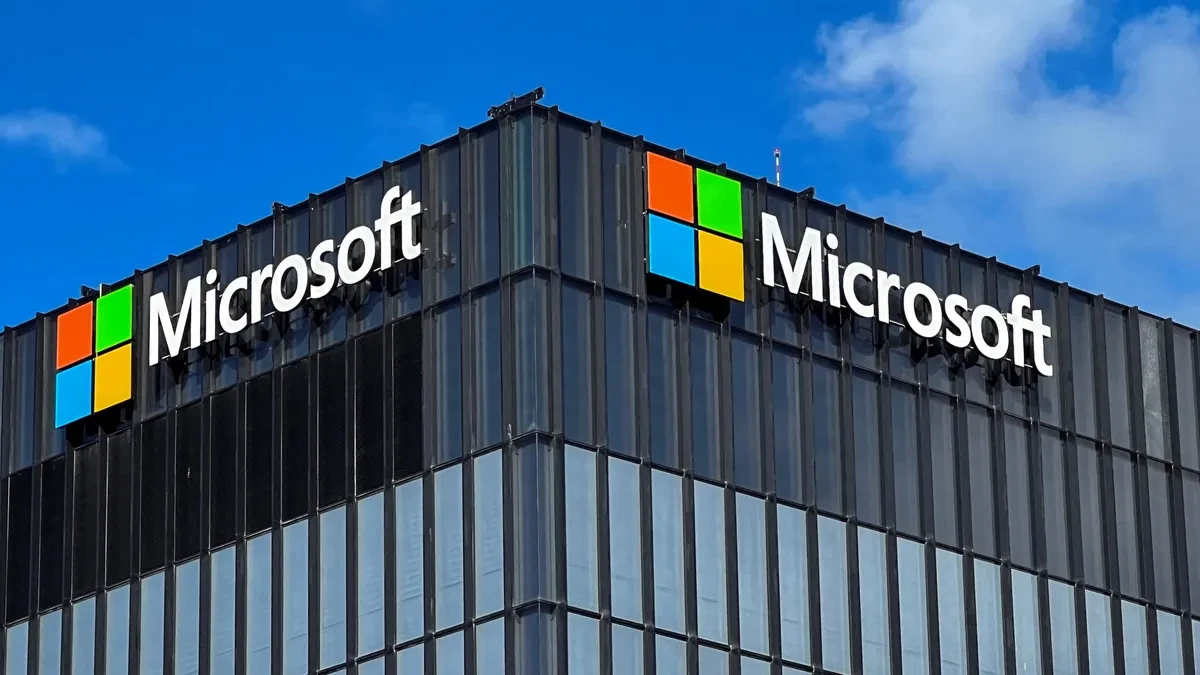Microsoft seals carbon capture deal with Occidental

Stay tuned with 24 News HD Android App

Tech giant Microsoft on Tuesday inked a record carbon capture agreement with Occidental Petroleum subsidiary 1PointFive, as major technology companies grapple with the growing carbon footprint of artificial intelligence.
The deal involves Microsoft purchasing 500,000 metric tons of carbon dioxide removal (CDR) credits over a six-year period.
This marks the largest single purchase of CDR credits enabled by direct air capture technology to date, according to the companies.
Direct air capture, or DAC, a method of extracting CO2 directly from the atmosphere, has gained traction among tech firms seeking to meet ambitious net-zero emission goals.
"Energy demand across the technology industry is increasing and we believe direct air capture is uniquely suited to remove residual emissions and further climate goals," said Michael Avery, president of 1PointFive.
The technology is one of several approaches being explored to combat climate change, though it has faced criticism from some who worry it may be used as an unproven substitute for taking more politically difficult measures.
The agreement follows a similar deal between Amazon and 1PointFive last year, which involved the purchase of 250,000 metric tons of carbon removal over a decade.
Both Microsoft and Amazon's CDR credits will be generated by Stratos, 1PointFive's first industrial-scale DAC facility currently under construction in Texas.
Direct air capture will support "our broader goal of becoming carbon negative by 2030,” said Brian Marrs, Senior Director for Carbon Removal and Energy at Microsoft.
The deals allow Microsoft and Amazon to offset their emissions by paying 1PointFive to have carbon removed from the atmosphere and stored underground.
Before DAC, the carbon capture process usually involved extracting CO2 from industrial sources, then either storing it underground or repurposing it for products like synthetic fuels or chemicals.
While the UN Intergovernmental Panel on Climate Change (IPCC) considers carbon capture technology unavoidable in limiting global warming, critics fear it may be seen as an easy solution, potentially discouraging necessary sacrifices in emissions reduction.
The urgency of these deals is underscored by the rising emissions associated with heavy loads of computing power needed to run generative AI.
Google recently reported an increase in its greenhouse gas emissions for 2023, attributed to powering data centers that support AI operations.
Similarly, Microsoft's latest sustainability report showed a 29 percent increase in greenhouse gas emissions last year compared to 2020.
Experts note that companies like Microsoft, Amazon, Airbus, and even Lego are willing to pay upwards of $1,000 per tonne of CO2 captured -- and stored in the form of carbon credits -- to offset their emissions.
